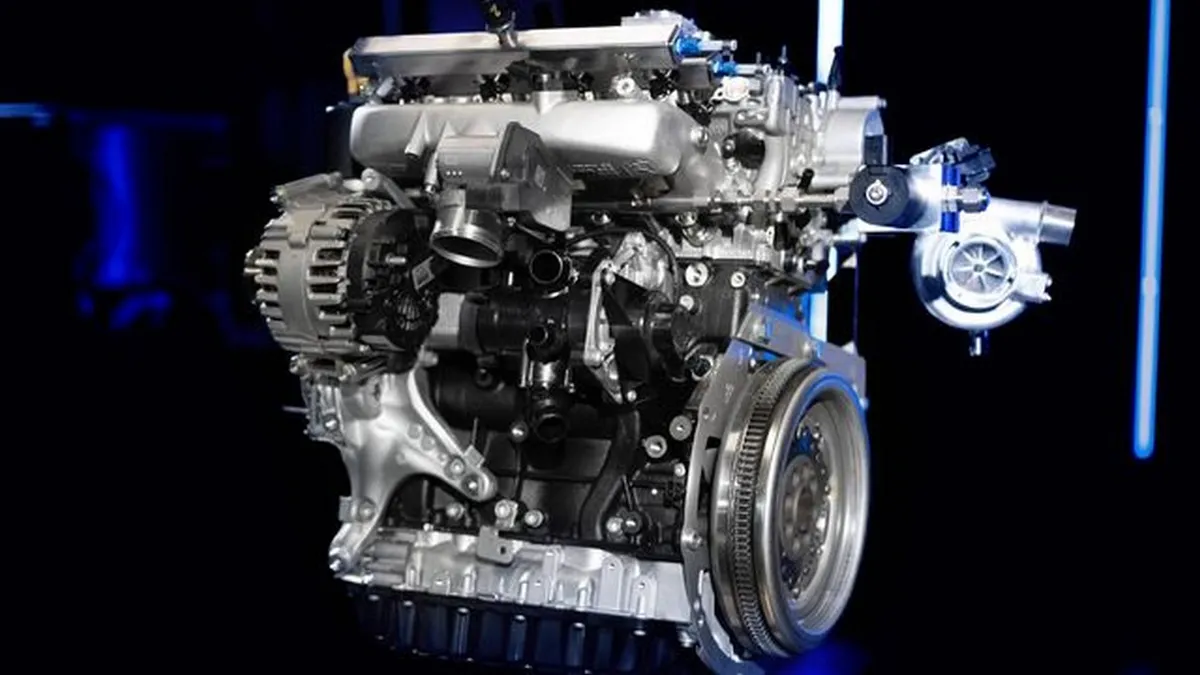The Rise of Hydrogen Combustion Engines: A Practical Path to Carbon Neutrality
Key Ideas
- Major automakers like Toyota and Hyundai-Kia Motor Company are investing in hydrogen combustion technology, with advancements in direct injection systems and turbocharging for improved performance and efficiency.
- Hydrogen combustion engines offer a practical bridge to carbon neutrality, providing an immediate and economical path to replace fossil fuels with carbon-free hydrogen fuel in vehicles.
- This technology presents an intriguing alternative for everyday drivers, addressing concerns about the future of internal combustion engines by offering clean operation, shorter refueling times, and potentially overcoming range anxiety.
- The development of hydrogen combustion engines contributes to diversifying clean transportation approaches and presents a promising coexistence with battery electric vehicles and hydrogen fuel cells in the pursuit of zero emissions.
As the automotive industry seeks alternatives to lower emissions, hydrogen combustion engines are emerging as a promising solution alongside electric vehicles. While hydrogen fuel cells have been a focal point for emission-free transportation, direct hydrogen combustion engines offer a practical and cost-effective approach. Major automakers like Toyota and Hyundai-Kia Motor Company are at the forefront of developing this technology, with Hyundai-Kia collaborating with the Korea Institute of Machinery and Materials to create a 2.0-liter direct injection hydrogen engine. This innovative engine design allows for hydrogen to be injected directly into the combustion chamber, resulting in significantly cleaner operation with reduced CO2, particulate, and NOx emissions compared to traditional gasoline engines.
The development of hydrogen combustion engines is seen as a practical bridge to achieving carbon neutrality in the transportation sector. By utilizing hydrogen as a carbon-free fuel source, this technology offers an immediate and economical alternative to fossil fuels. Despite the ongoing trend towards electric vehicles, hydrogen combustion engines provide hope for preserving the familiar driving dynamics and sounds of internal combustion engines.
One of the key advantages of hydrogen combustion engines is their potential to overcome practical limitations faced by battery electric vehicles, such as shorter refueling times and potentially eliminating range anxiety. However, challenges remain, particularly in establishing hydrogen refueling infrastructure and scaling up green hydrogen production to ensure a sustainable supply chain.
The rise of hydrogen combustion engines contributes to diversifying clean transportation options, highlighting the importance of a mixed technology approach tailored to different applications and regional requirements. With automakers striving to meet stringent emissions targets, hydrogen combustion engines are poised to carve out a niche alongside electric vehicles and hydrogen fuel cells in the journey towards zero emissions, making the road to carbon neutrality more intriguing and dynamic.
Topics
Production
Technology
Innovation
Sustainability
Automotive
Green Energy
Engineering
Future
Carbon Neutrality
Latest News
